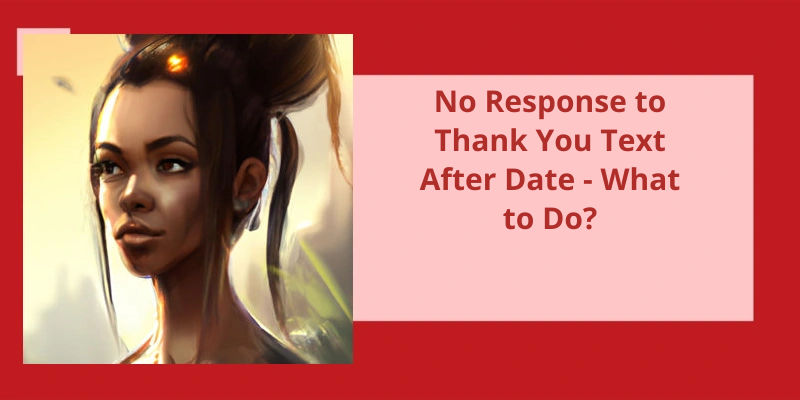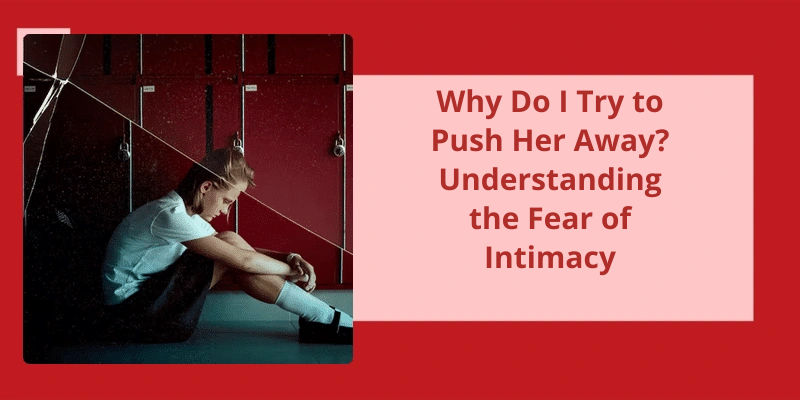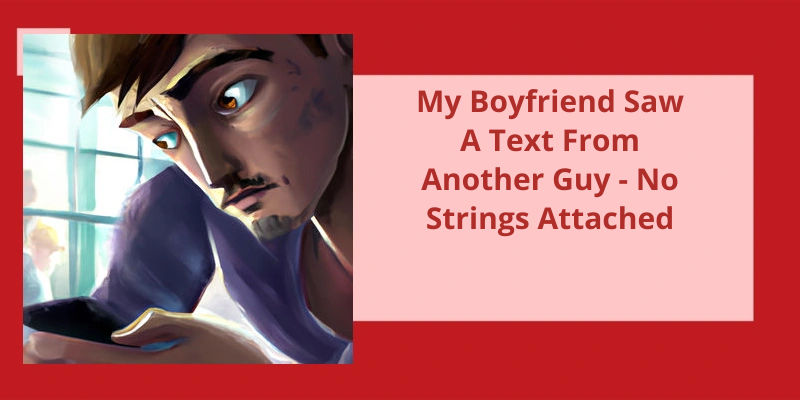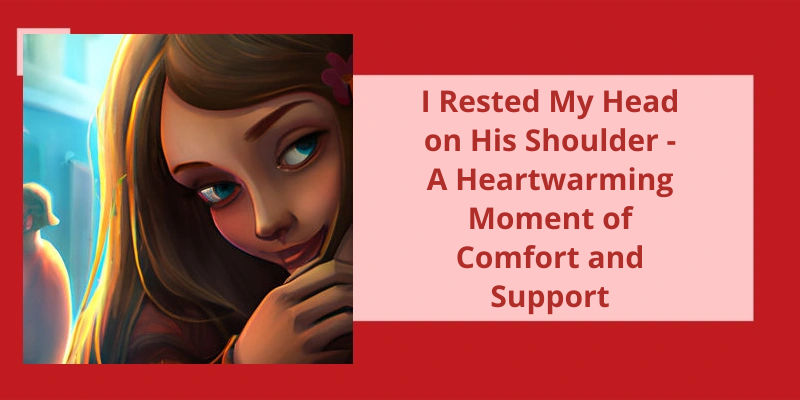In the world of dating, it's common for people to exchange thank you texts after a date as a way of expressing gratitude and showing interest in future plans. However, there are times when one person may not respond to the thank you text, leaving the other feeling confused and uncertain about where they stand. While there could be various reasons for not responding, such as simply forgetting or being too busy, it can still create an awkward situation and leave the other person feeling rejected. It's important to navigate these situations with sensitivity and communication to avoid misunderstandings and hurt feelings.
Should I Text Thank You After First Date?
” This shows that you appreciate the time you spent together, and that you’re interested in seeing them again. If the date went well and you want to convey that you enjoyed yourself, then sending a thank you message can be a great way to express that sentiment.
However, it’s important to consider the tone of the message. Avoid being overly eager or coming across as desperate. Keep the message simple and genuine, without coming across as overly pushy. Remember that the other person may not want to respond immediately, so give them space to reply in their own time.
If youre not sure whether or not to send a message, consider the level of interest that was expressed during the date. Did the other person seem genuinely interested in getting to know you better? Did they express interest in seeing you again? If the answer to these questions is yes, then it may be appropriate to send a message of appreciation.
Ultimately, the timing and content of your message will depend on your individual situation. Some people prefer to wait a few days before sending a message, while others prefer to reach out right away. As long as youre respectful and genuine in your approach, theres no right or wrong way to follow up after a first date.
Whether or not to send a thank you message after a first date is up to personal preference. However, if you decide to do so, make sure that your message is respectful, genuine, and considerate. Keep the tone light and friendly, without coming across as overly pushy or desperate. By following these guidelines, you can show your appreciation for the time you spent together, while also respecting the other persons boundaries and wishes.
Tips for Crafting a Polite and Respectful Thank You Message After a First Date
When crafting a thank you message after a first date, it’s important to be sincere, specific, and polite. Avoid coming across as too eager or insincere by using language such as “had a great time” or “can’t wait to see you again”. It’s also important to thank them for the time and effort they put into the date, and to express your interest in future plans without being imposing. By following these tips, you can craft a message that’s both polite and respectful.
When it comes to showing gratitude, many of us are wondering if sending a thank-you by text is sufficient enough. While it may be a quick and convenient way to express our appreciation in the moment, it’s important to consider whether or not it’s acceptable in all situations. Let’s explore this topic further.
Is It Acceptable to Send a Thank You by Text?
In todays fast-paced world, communication has become more convenient and accessible than ever before. With the rise of technology, we’re now able to reach out to each other instantly through various means such as email, chat, and text messaging. While these channels have made communication much easier and faster, it begs the question, is it acceptable to send a thank you by text?
However, others might say that texting a thank-you is impersonal and insincere. There’s certainly something to be said for the effort that goes into a hand-written note. Taking the time to choose the right paper, compose your thoughts, and craft a heartfelt message shows that you truly appreciate what someone has done for you. Moreover, a thank-you note is a physical reminder of your appreciation, something that can be reread and cherished for years to come.
If youve received a small favor or a quick message, a text may suffice. But if someone has gone out of their way to help you or has given you a significant gift, a handwritten note is the best way to express your gratitude. A thoughtful note not only shows how much you appreciate their kindness but also strengthens the bond between you.
In addition, sending a thank-you note can also be seen as a sign of professionalism. This type of gratitude reinforces the value of the relationship, and sends a clear message that you value their contributions to your work. It also sets you apart from others who may be less diligent in expressing thanks.
It shows that you truly appreciate someones kindness, and that youre willing to go the extra mile to express your gratitude. In todays busy world, small gestures like this can mean a lot, and can help strengthen our relationships with others. So lets make an effort to take the time to show our appreciation, and keep the art of the thank-you note alive.
In today’s fast-paced digital world, the art of expressing gratitude has become less common. However, receiving a thank-you email shouldn’t be taken lightly. It’s important to respond to show that you value the connection and appreciate the gesture. So, whether you’re responding to a colleague, client, or friend, taking a moment to acknowledge their gratitude could go a long way towards maintaining a positive and healthy relationship.
Should You Respond to a Thank You Message?
It shows that you value and appreciate their efforts and that you’re dedicated to maintaining a healthy professional connection with them. Moreover, taking the time to respond to a thank-you message indicates that you’re an individual who understands the importance of basic etiquette and communication. In todays fast-paced digital world, this type of courteous interaction can go a long way in setting you apart from others who neglect proper etiquette.
When you respond to a thank-you email, it’s important to keep your message concise and to the point. It isn’t necessary to write an essay in response to a simple “thank you.”. A brief note indicating your pleasure at receiving the message and your appreciation for their thoughtfulness is more than sufficient. Additionally, responding quickly to a thank-you message is crucial to maintaining a positive professional image. Delayed responses can be interpreted as indifference or a lack of interest in the relationship. By responding promptly, you demonstrate that you’re attentive and committed to maintaining strong interpersonal connections.
In some cases, it may be appropriate to respond to a thank-you message with reciprocal gratitude. For example, if a client thanks you for completing a big project, you might respond by expressing appreciation for their partnership and trust in your abilities. This not only acknowledges their thanks but also strengthens your relationship by highlighting the value you place on their business. However, it’s important to ensure that any reciprocity is genuine and not simply transactional. Be sure to personalize your response and speak from the heart to avoid giving off an insincere tone.
It’s worth noting that not every thank-you message requires a response. If the message was sent in a casual context, such as a friend thanking you for meeting up or providing assistance, a response may not be necessary. However, in a professional setting, it’s generally best practice to respond to thank-you emails, regardless of whether the message requires a long response or a simple “youre welcome.”. In fact, failing to acknowledge a thank-you message could be perceived as rude or uncaring.
Make sure your response is timely, concise, and genuine, and consider reciprocating the gratitude where appropriate. By keeping these best practices in mind, you can nurture your professional connections and cultivate a reputation for being a courteous and attentive individual.
How to Respond to a Thank-You Message in Different Professional Settings (e.g. Job Interviews, Networking Events, Etc.)
When someone thanks you in a professional setting, it’s important to respond appropriately to leave a positive impression. For job interviews, a brief email acknowledging their message and expressing your continued interest in the position is appropriate. In networking events, respond with thanks and suggest grabbing coffee or lunch to discuss future opportunities. Overall, be gracious and use the opportunity to build relationships.
Source: Are you always supposed to respond to a ‘thank you’?..
It’s important to maintain good business etiquette, but in a busy world, responding to every message of thanks may not always be feasible. However, this doesn’t mean you should stop sending thank you cards altogether. They can still have a positive impact, even if you don’t always receive a response.
Is It Necessary to Respond to a Thank You Card?
In fact, showing your gratitude through a thank you card is often the best way to get ahead in business. People appreciate being recognized for their hard work and contributions. A sincere message of thanks can strengthen relationships with clients and colleagues and improve your reputation. It demonstrates that you value their time and effort, and it can encourage them to continue to work with you.
Furthermore, sending thank you cards is a way to stand out in a crowded marketplace. In todays digital age, receiving a physical card in the mail is a rare treat. It shows that you’ve taken the time and effort to show your appreciation in a meaningful way. This can make a lasting impression on customers and help to build rapport. When they receive your card, they’ll remember your company name and your kind gesture.
If someone has taken the time to show their appreciation, it’s only polite to acknowledge it. A simple response can help to foster goodwill between you and the person who sent the card. It can also lead to further opportunities for collaboration in the future. By responding promptly and graciously, you can strengthen your professional relationships and build a loyal client base.
However, that being said, it’s important to recognize that not everyone will respond to your thank you card. People receive a lot of messages every day, and they may not have time to reply to each one individually. This doesn’t mean that your message was not appreciated or that you should stop sending thank you cards. In fact, the opposite is true. Consistency is key when it comes to building relationships, and sending regular messages of thanks can help to keep you top of mind with your clients and colleagues.
Furthermore, the rise of technology and social media has also played a role in the decline of written gratitude. With instant messaging and email, it’s become easier and more efficient to send a quick thank you via text or email. However, it’s important to remember the impact a handwritten note can have and the appreciation it can convey.
Why Do Millennials Not Send Thank You Notes?
Additionally, with the rise of technology and social media, many Millennials find it more convenient to send a quick text or email rather than taking the time to handwrite a thank-you note. The instant gratification of sending a message and receiving a response in seconds vs. days is a factor that can’t be ignored.
Another reason for the decline in thank-you note sending is the cultural shift towards individualism. In a society that values independence and self-expression, the act of expressing gratitude to someone else can feel like a loss of identity or a weakness. Moreover, Millennials have been raised in a society that’s placed less emphasis on social etiquette and formalities, which may contribute to the lack of thank-you notes.
The rise of the gig economy and temporary work arrangements has also played a role in the decline of thank-you note sending. Many Millennials are constantly on the move and may not have a permanent address. It can be challenging to write and send a physical thank-you note when moving frequently, leading many to forgo the practice entirely.
Additionally, modern workplaces are typically more informal, with less emphasis on traditional office etiquette. This can contribute to a perception that formal thank-you notes aren’t necessary or required, as emails and verbal thanks may be considered sufficient.
While there may be valid reasons for not sending thank-you notes, it’s important to remember the power of a handwritten note and how it can create a lasting impression on others.
Historical Background and Origins of Thank-You Notes and How They’ve Evolved Over Time
Thank-you notes have a rich history dating back centuries, with roots in handwritten letters of gratitude between nobles and wealthy merchants. As printing technology evolved, thank-you cards emerged as a popular way to express appreciation for gifts and favors. In recent decades, electronic forms of communication have taken over, but thank-you notes are still cherished as a thoughtful and personal touch.
Conclusion
In conclusion, not responding to a "thank you" text after a date isn’t necessarily a sign of disinterest or lack of manners. While it’s always polite to acknowledge someone's message, it’s important to consider the context and the relationship between the two parties. It’s possible that the recipient didn’t feel the need to respond because they weren’t interested in pursuing things further, or they may have simply forgotten or been busy with other obligations. Ultimately, the best course of action is open and honest communication between both parties to determine their level of interest and expectations. It’s also important to remember that every situation is unique, and there’s no one-size-fits-all answer to this question.






